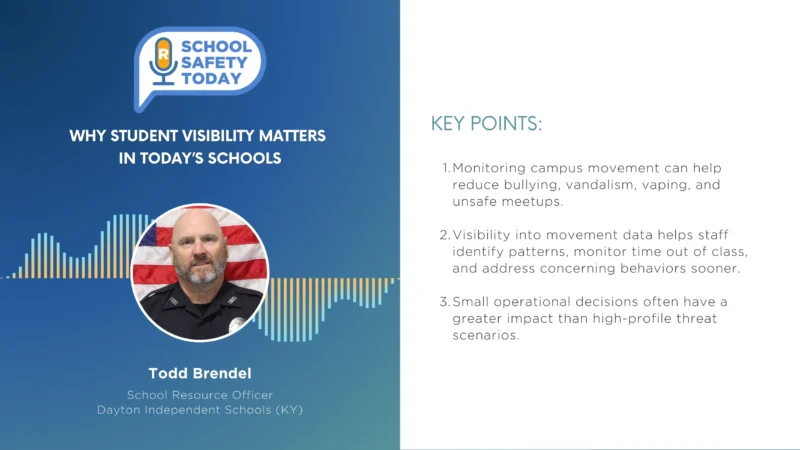Increasing Diversity in STEM Means Creating More Early Education Opportunities for STEM Exposure
It is no secret that STEM fields have long been lacking in diversity. Even as women have become the majority of holders for undergraduate degrees, they still are underrepresented in STEM. For example, recent research from the National Center for Science and Engineering Statistics shows meager progress on diversity in STEM; the STEM workforce is still largely dominated by white professionals, men, and able-bodied individuals. While there’s been progress over the last decade, it’s slow to bare out in the actual spread of socioeconomic demographics.
The issue of diversity in STEM in part starts long before undergrad in high schools. Public school’s funding can vary dramatically, even between geographically close schools. That level of funding can directly impact student’s access to internships, mentors, and academic experiences especially within the STEM field.
Some professionals in STEM fields and the larger sciences industry are taking solutions into their own hands through the launch of nonprofit localized education centers which aim to bring science, technology, engineering and math education to K-12 students. It’s exactly what Reedy Wade, the Vice President of Academy Engagement and Impact at career readiness nonprofit NAF, is working to implement across the communities she and her team serve.
Reedy’s Thoughts
“While today’s job landscape comes with challenges, inequities, and economic and social disparities that have marginalized far too many students in this country, NAF is committed to bringing schools and businesses together to ensure that students, particularly girls of color, are supported, prepared, and inspired to pursue and achieve careers in STEM.
It truly all begins with exposure to the right academic experiences, the right internship, the right mentor and connections or just having access to the right door at the right time. With greater access and opportunity to participate in work-based learning and connect with mentors who help them build their aspirations, high school students, especially those in under-resourced communities, can move toward a life of upward economic mobility and success.”
Article written by Graham P. Johnson.








